Ghana's Volta Lake: Complete Travel & Adventure Guide
Nestled in Ghana's heartland, Volta Lake—the world's largest artificial reservoir by surface area—represents human innovation at its finest. Spanning 8,502 square kilometres and extending 250 miles upstream from the dam site, this magnificent human-made lake invites travellers to discover tranquil waters, thriving communities, and countless adventures.
Brief History
In the early 20th century, a British colonial geologist Albert Ernest Kitson envisioned a transformative project that would reshape Ghana's landscape. At first, the vision was to use Volta River's energy to process locally sourced bauxite into aluminum. That didn’t happen until Ghana’s Independence. Finally, his vision became reality in 1965 with the Akosombo Dam's construction, creating the spectacular Volta Lake that we know today.
The dam’s construction was not only an engineering triumph, it was also a social transformation in a way. This project required relocating over 70,000 people from 740 villages, as waters claimed nearly 8,000 km² of land. The resettlement was not an easy task. People had to adapt to new livelihoods. The lake’s creation also resulted in the flooding of approximately 850 000 hectares of forest. This created a unique underwater forest ecosystem.
Exploring Volta Lake
Today Volta Lake provides a peaceful escape from Accra's bustling energy whilst serving as a crucial transportation network connecting remote communities and facilitating regional trade. Stretching from southern Akosombo to Ghana's northern regions, the lake remains yet undiscovered by mass tourism. Visitors can enjoy peaceful surroundings.
The Akosombo area provides plenty of opportunities for sightseeing, relaxation, and outdoor adventure—boat cruises on Lake Volta are especially recommended. Nature lovers will appreciate Bunso Eco Park and Boti Waterfalls, while the Akosombo Dam is a must-see for those interested in engineering and history. Volta Lake is great for adrenaline seekers and nature enthusiasts alike:
Fishing Experience
Home to tilapia, catfish, and Nile perch, the lake provides outstanding fishing opportunities from shore or boat. Go on a day-long fishing expedition to catch fresh, delicious lake fish.
Water Sports Paradise
Experience jet skiing, kayaking, paddleboarding, windsurfing, water skiing, and wakeboarding across the lake's vast expanse.
Cultural Tours
Join Cultural tours that will take you through villages, learning about traditions, and joining festival celebrations
Hiking and Nature Trails
Trek through dense forests, climb hills for panoramic views, or wander shoreline paths to absorb the lake's natural splendour.
Island Adventures
Explore even more on Dodi, Dwarf, and Kporve islands through guided boat tours or camping adventures.
On the educational side, tour the power plants along the Volta River. The Akosombo Power Plant provides fascinating insights. It provides significant portions of Ghana's electricity. Visit details are available through opening times information and the VRA website. After all the explorations, you can also experience the luxurious side of Akosombo by treating yourself to a spa day at the nearby hotel.
Attractions Nearby
While in the area, there are a few other options worth exploring, depending on your interests and energy levels.
- Tafi Atome Monkey Sanctuary And Cultural Village: Wildlife reserve housing Mona monkey troops.
- Afadjato (Mount Afadjato): Ghana's highest peak, popular with hiking enthusiasts.
- Mount. Gemi: Spectacular mountain offering breathtaking views.
- Ote Falls: Challenging but rewarding waterfall trek.
- Tagbo Falls: A serene and beautiful waterfall.
- Tafi Abuife Kente Village: Traditional village renowned for Kente weaving crafts.
Travel Tips for Visiting Volta Lake
Getting There: Fly domestically from Accra to Kumasi or Takoradi, then rent a vehicle or take regional buses.
Accommodation options in the area range from luxury resorts to budget-friendly guesthouses. Check opening hours and travel advisories before visiting.
Health Considerations: Take malaria and other health precautions before travelling.
Treat people, local customs and traditions with respect.
When visiting VRA power plants, follow these essential regulations:
- Photography is prohibited inside and outside plant premises.
- Switch off all mobile devices within plant grounds.
- No instruments or weapons permitted on premises.






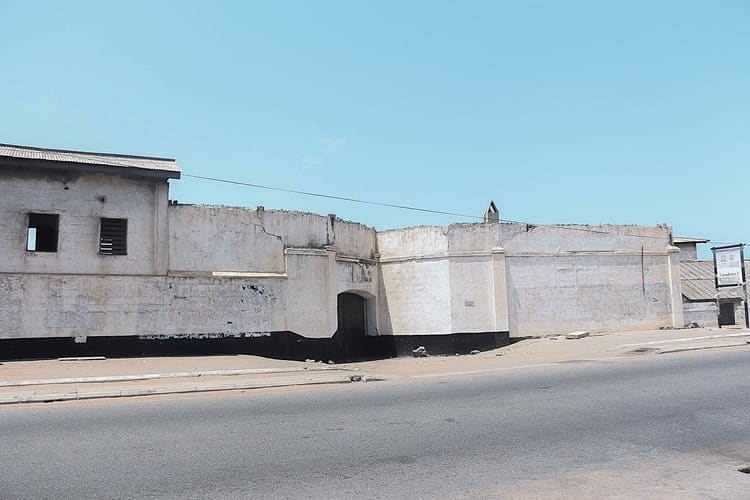
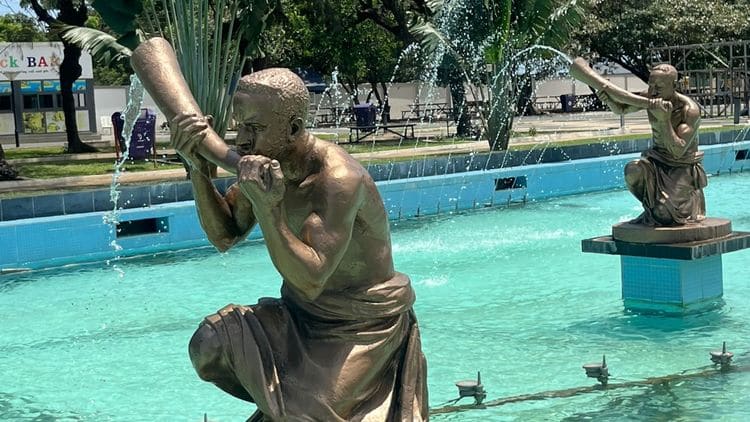
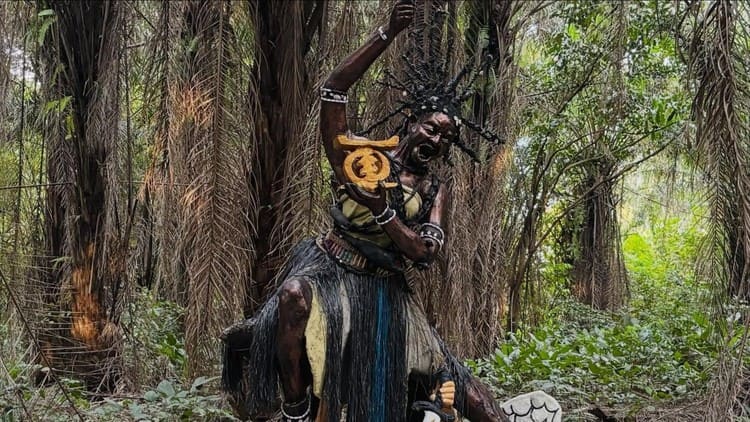
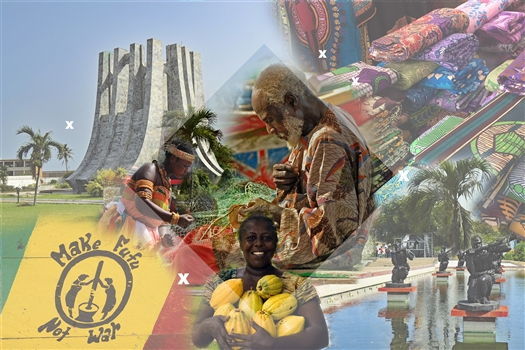

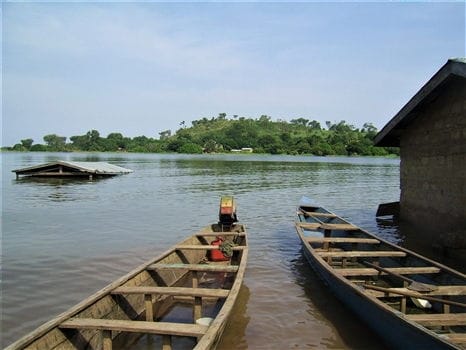
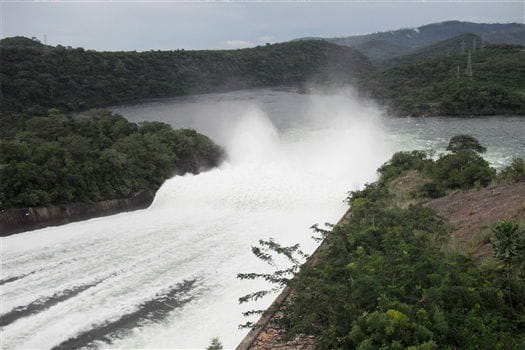
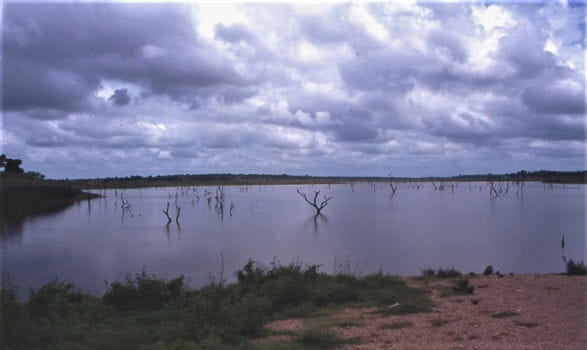
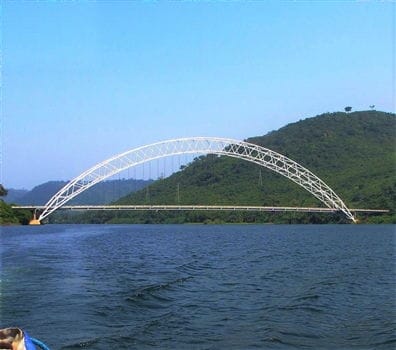
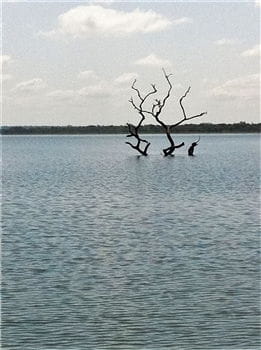
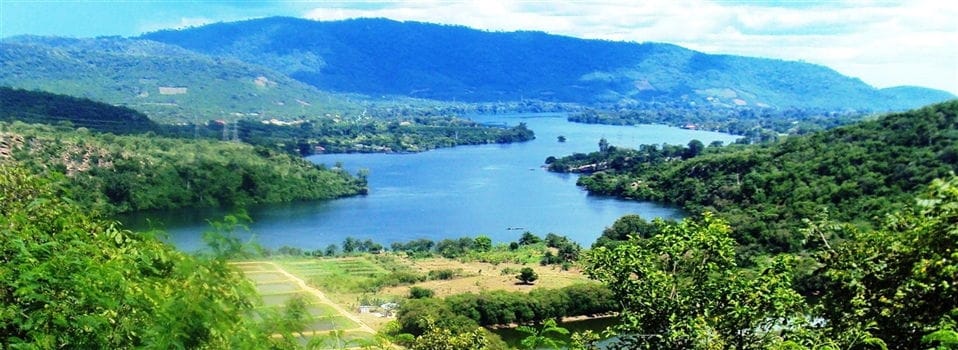

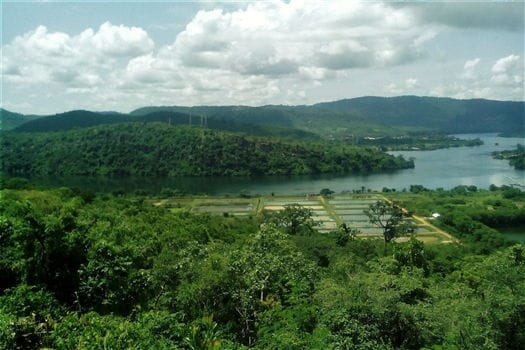
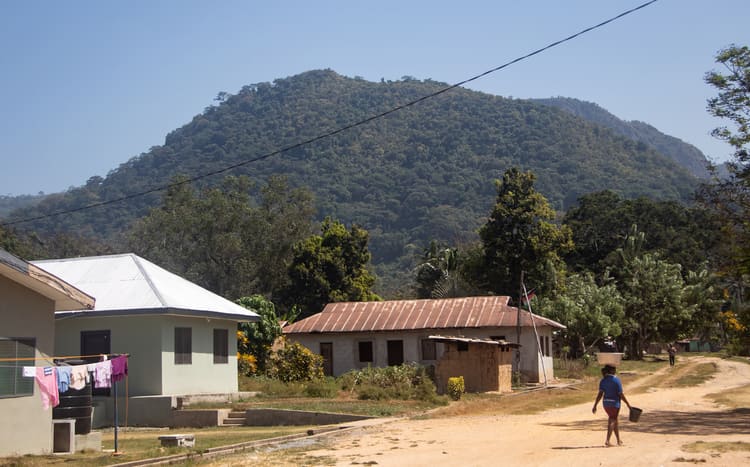
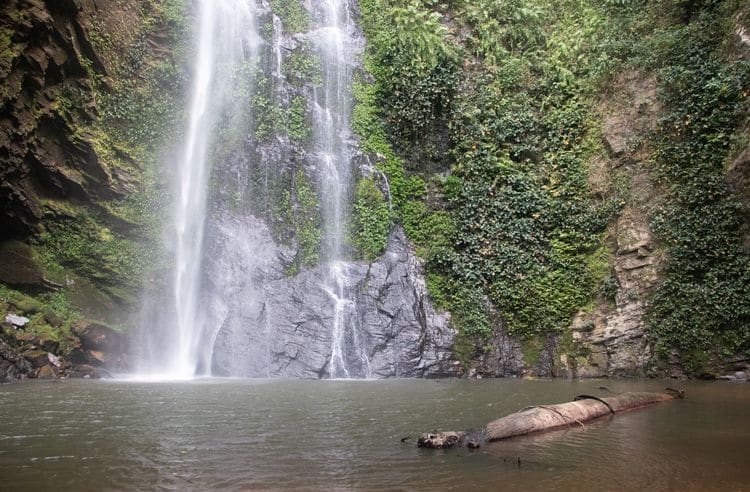
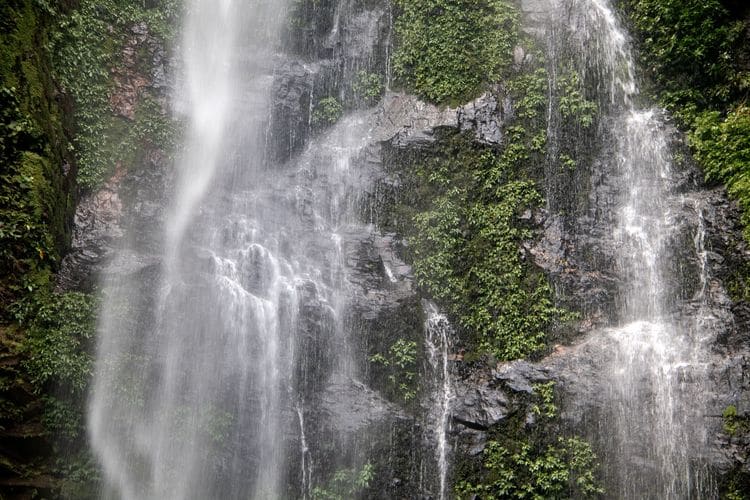








Comments